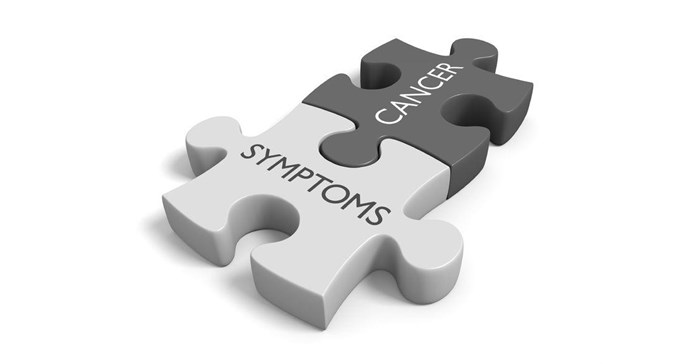
Related





Think pink, check yourself: Gen Z needs to take the baton in breast cancer awareness
Jessica Gbedemah 13 Oct 2025

Top stories






More news


Marketing & Media
Ads are coming to AI. Does that really have to be such a bad thing?














A study published in the September 2015 issue of The Breast medical journal shows that in the Ivory Coast and the Democratic Republic of Congo (DRC) respectively 68% and 63% of all breast cancer tumours were 5cm or larger when discovered. Some 74% and 81% of cancers in these two countries were stage three or stage four at the time of diagnosis.
In many other African countries, things are not much different. Reasons for late diagnosis and low survival rates include lack of awareness of what breast cancer is and how patients can help detect it, poor access to healthcare services, and overburdened, under-resourced public facilities.
“Where treatment is available, it tends to be expensive”, says CEO of Liberty Health, Andrew Schwulst. “In Kenya, a country with an annual GDP per capita of US$2,776, chemotherapy ranges between US$130 and US$2,000. Most cancer patients have to pay for their treatment out of their own pockets, which is terribly difficult if you don't have health insurance. The problem is that Africa's often better resourced private hospitals are inaccessible to most.”
A shortage of doctors also plays a role. According to the World Health Organisation (WHO), Africa accounts for 25% of the world's disease burden but has only 3% of the global medical workforce. In addition, many hospitals don't have the means to adequately diagnose and treat breast cancer, or any other form of cancer. Chemotherapy is for instance only available in half of Africa's 54 countries.
However, whilst overall private medical aid penetration remains low in Africa, things are looking up; “Through Liberty Health, we’ve enabled more than 384,000 lives in 16 different countries to access comprehensive private healthcare through our health insurance solutions,” says Schwulst.
In addition to Liberty Health increasing medical aid penetration, which is improving people's access to cancer treatment, Schwulst is optimistic about the fact that a number of African governments have made great strides in improving the accessibility and affordability of their public healthcare services. “In Ghana, a tax-funded national health insurance system currently covers 95% of diseases that affect the general population, cancer included.”
He adds that Rwanda has embarked on a journey to eradicate cervical cancer by the year 2020 by immunising all adolescent girls between 11 and 15 against human papilloma virus (HPV). “This disease is responsible for the bulk of cervical cancer, one of the leading mortality causes among African women aged 40 to 48,” he says. “In Africa, the illness is responsible for 20,4% of all female cancer cases, and 19% of cancer deaths among women.”
Apart from prevention, Rwanda is also doing well in terms of treating cancer, Schwulst says. “In 2012, the country opened a state-of-the-art cancer centre, the first of its kind in rural East Africa,” he says. “These initiatives and the fact that more people in Africa have access to health insurance, meaning they have access to better resourced facilities, will help reduce the number of cancer deaths.”